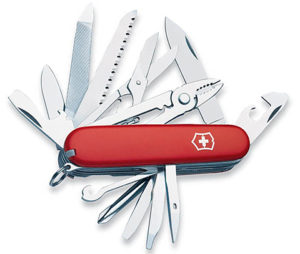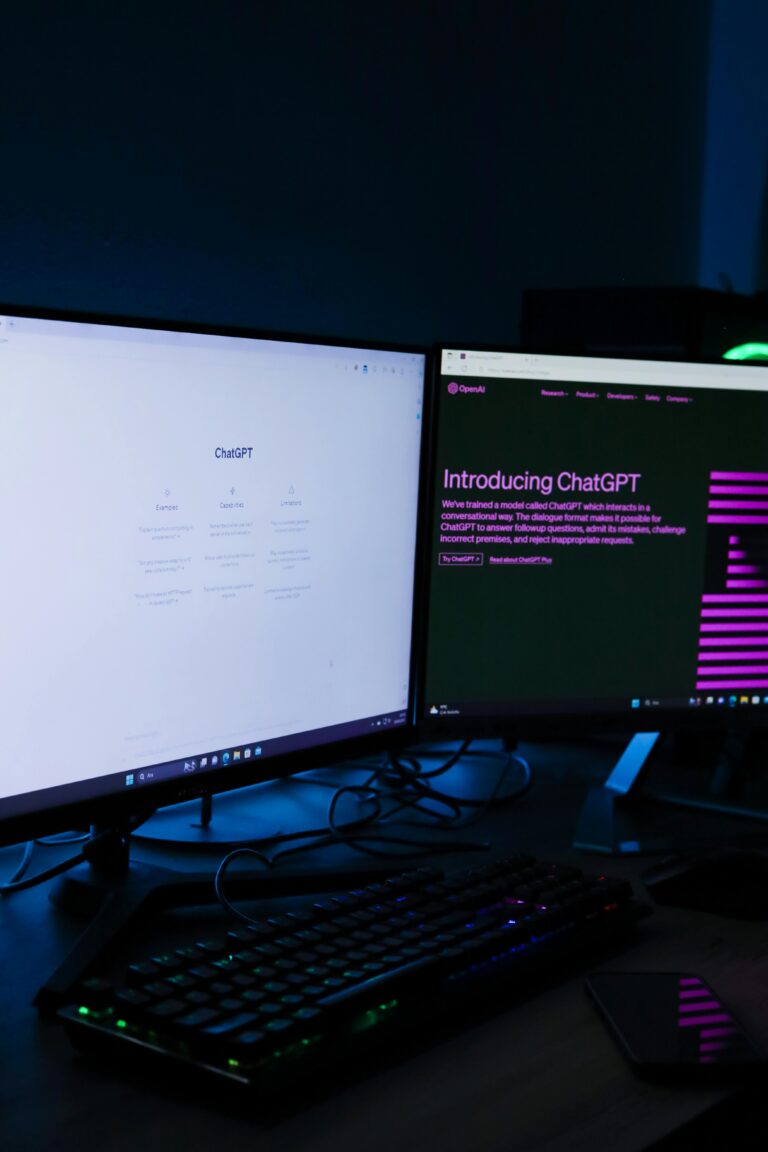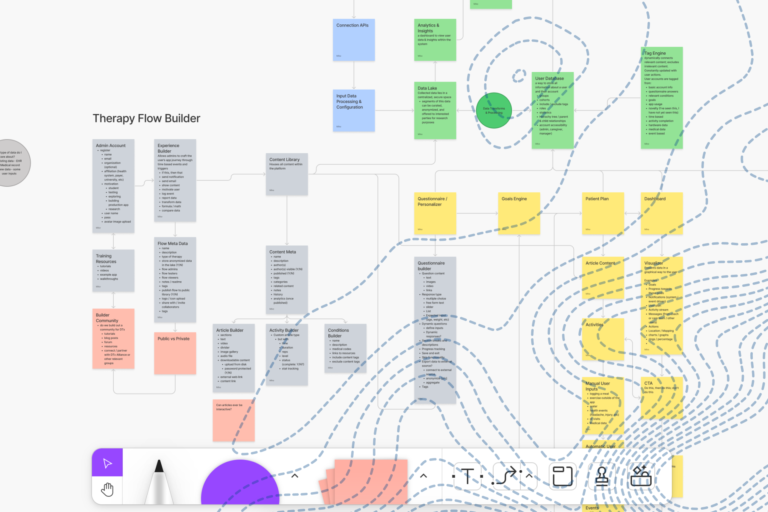
Sound interesting? Here are a few tips for interviewing PMs…
It’s a Conversation
As we noted in our Hiring Tips for Developers post, an interview is a two-way conversation, not a basic Q&A. You’re interviewing the company as much as they’re interviewing you. You’ll want to ask about the company’s processes and its project management methodology, infrastructure and tools. Relate your experience to the environment described by your potential future employer. Asking questions like these show that you’re not only engaged in the conversation but also indicate your capacity as a PM.
Talk About Mistakes
Too often, potential hires go into an interview with the mindset that they need to continually steer the conversation toward their career highlights, avoiding mention of any past mistakes at all costs. But in reality, the PM that openly discusses a past experience that went awry is actually showcasing their honesty and transparency. Because here’s the deal: in an agile, fast-moving environment, mistakes will be made. What we want to know is what you did in response to the mistake, how you handled it and more importantly, how you learned from it.
Quantify Your Work
It’s easy to list projects you’ve managed. In fact, if we’re having the face-to-face conversation, there’s a good chance you’ve already shared them. What’s important is describing your approach and the resultant value. For example, say you were able to reduce product QA timelines by 13 percent at you last job. That’s time and money saved—and that’s what you need to communicate!
Custom, Contextual Communication
Every player in a project is different. And since your job is to get the most out of everyone involved, custom communication is important. For example, the word choice in your emails with your day-to-day customer contact is going to be different than how you talk to your engineers about feature development, testing, and code reviews. It basically comes down to understanding the context of what you’re communicating and to whom you’re communicating with. Show that understanding in an interview.
Follow Up -With Specifics
It’s easy to spot a copy/paste follow-up thank you (even more so if you accidentally leave in the name of a competing company you interviewed with a few days prior). Your post-interview follow up is actually another interview moment. Take the time to write something fresh and refer to a specific moment in your conversation that really resonated with you. Are you psyched about the company culture? Mention that. Pumped that you’re a pro on the tools the company uses to manage projects? Reiterate that! Not familiar with a process they mentioned? Talk about how you’ve already researched information about it.
Building a digital product?
Have PM interview tips of your own? Tweet ‘em at us—and stay tuned for our next “interview tips” post where we’ll focus on designers.



